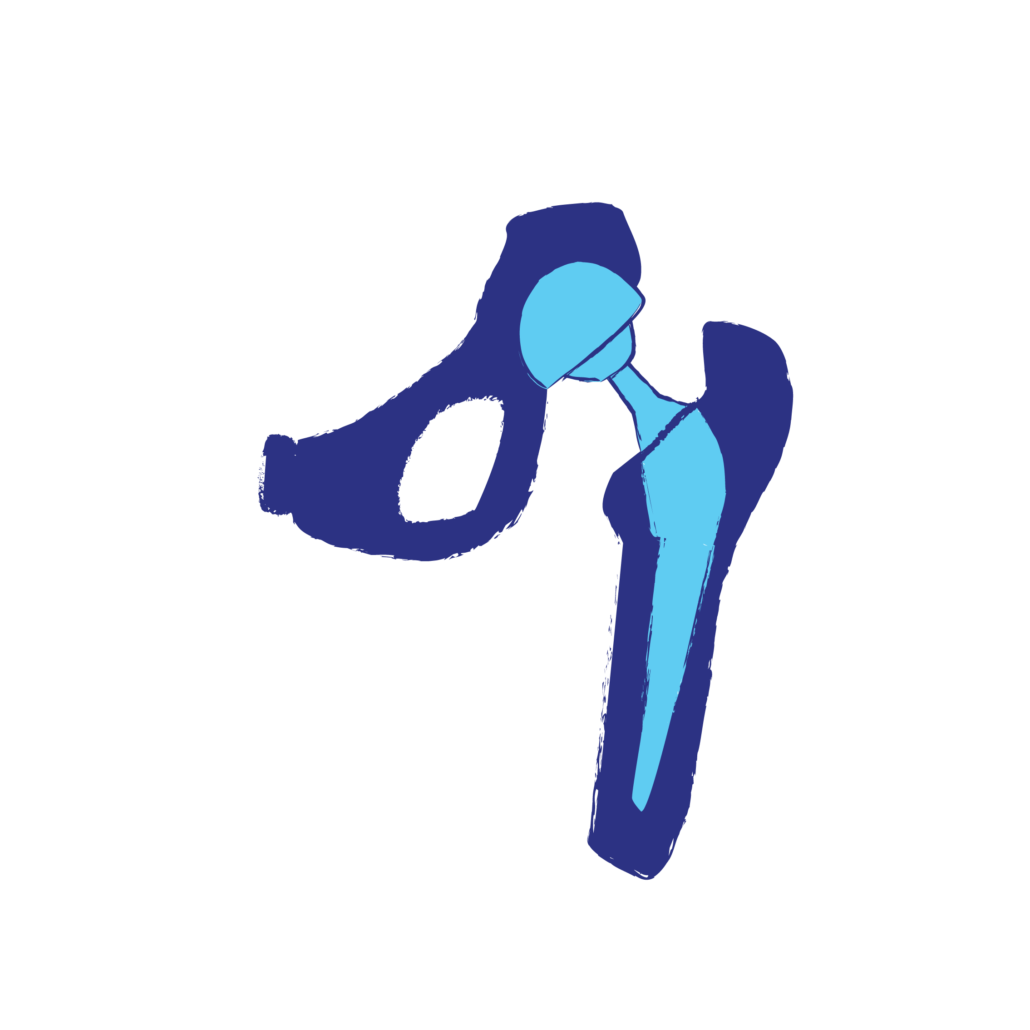Fall-Related Injuries in the Elderly: Treatment Options and Recovery Strategies
Falls are a common concern for our elderly people. According to the World Health Organization (WHO), falls are the second leading cause of accidental or unintentional injury deaths worldwide. In the elderly, fall-related injuries can cause severe consequences, including disability and loss of independence. In this blog post, we’ll discuss the treatment options and recovery strategies for fall-related injuries in the elderly.
Prevention is Key
The best way to treat fall-related injuries is to prevent them from happening in the first place. As a physiotherapist, we recommend that elderly people take the following measures to reduce their risk of falling:
- Engage in regular exercise to maintain strength, balance, and flexibility.
- Keep their living environment free of tripping hazards, such as loose rugs and cords.
- Wear supportive footwear with good grip.
- Get regular check-ups with their doctor and have their medications reviewed.
Treatment Options for Fall-Related Injuries
If an elderly person does fall and suffer an injury, there are several treatment options available. The treatment options will depend on the severity of the injury and the overall health of the individual. Here are some of the most common treatment options for fall-related injuries in the elderly:
- Medication: For mild injuries, over-the-counter pain medications like paracetamol or ibuprofen may be enough to relieve pain and inflammation. Speak to your GP or pharmacist to find out what pain medications are safe for you.
- Surgery: In some cases, surgery may be necessary to repair a broken bone or another type of injury.
- Physiotherapy: Physiotherapy can help an elderly person regain strength and mobility after a fall. A physiotherapist can work with the individual to create a customised exercise program that can help them recover.
- Assistive devices: Assistive devices like walkers or sticks can help an elderly person regain their mobility and independence after a fall.
Recovery Strategies
Recovering from a fall-related injury can take time and effort. Here are some recovery strategies that can help an elderly person get back on their feet:
- Follow the treatment plan: It’s essential to follow the treatment plan recommended by the healthcare team, including medication, physiotherapy, and any other therapies.
- Stay active: Engage in regular exercise to maintain strength, balance, and flexibility.
- Eat a healthy diet: Eating a balanced diet with plenty of protein, fruits, and vegetables can help speed up the recovery process.
- Seek support: It’s essential to have a support system in place, including family members, friends, and healthcare professionals.
In conclusion, fall-related injuries in the elderly are a significant concern, but there are treatment options and recovery strategies available. Prevention is key, and elderly people should take steps to reduce their risk of falling. If a fall does occur, treatment options such as medication, surgery, physical therapy, and assistive devices can help an elderly person recover. Recovery strategies such as following the treatment plan, staying active, eating a healthy diet, and seeking support can also aid in the recovery process. As a physiotherapist, we encourage elderly people and their families to take fall-related injuries seriously and take steps to prevent and treat them.

